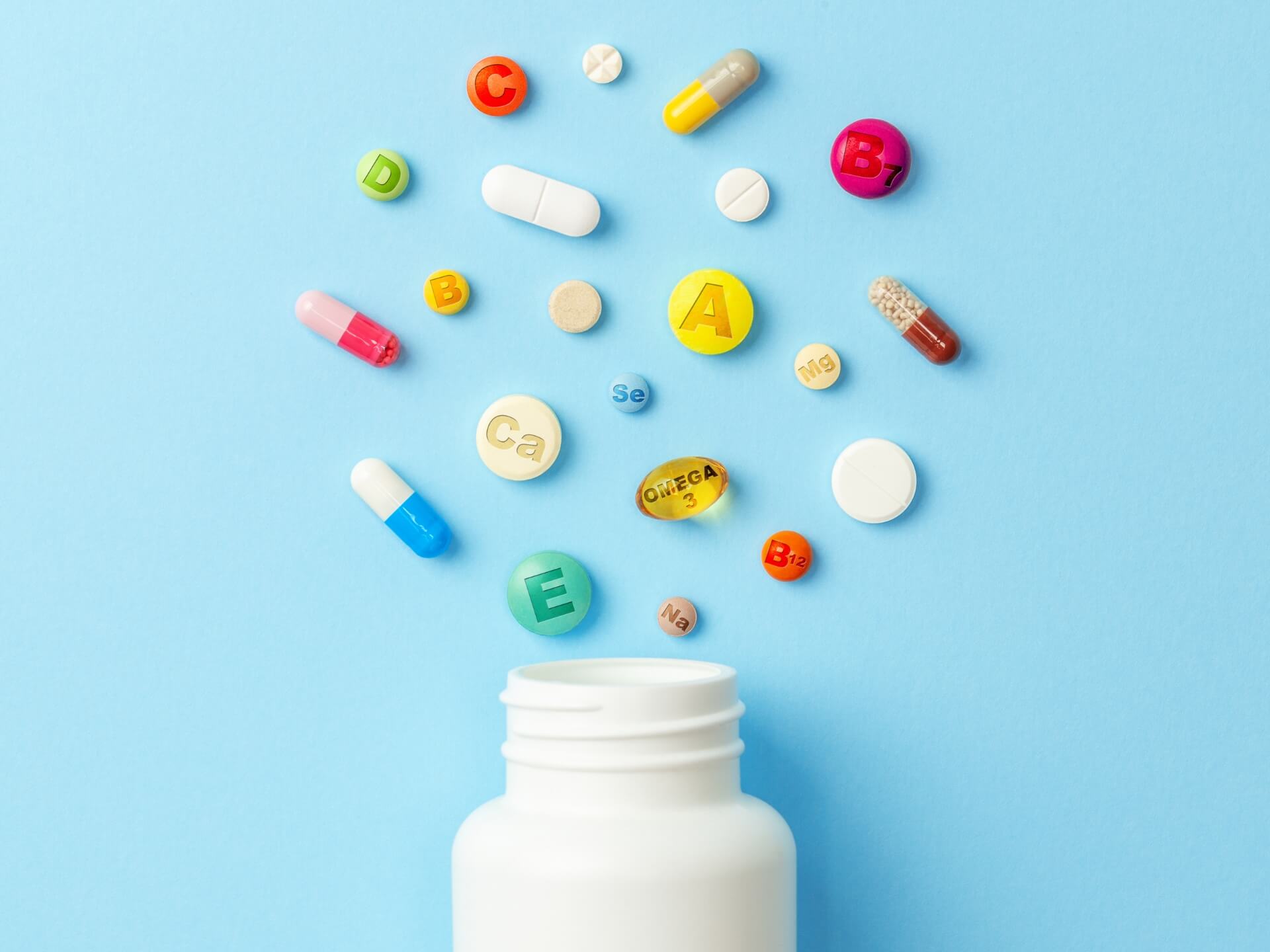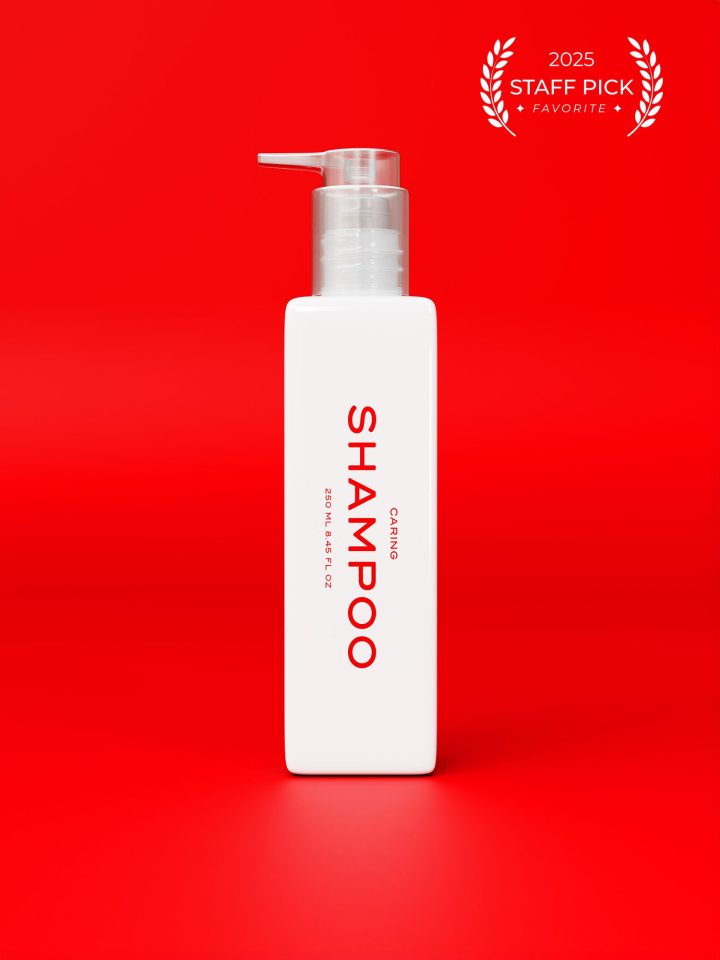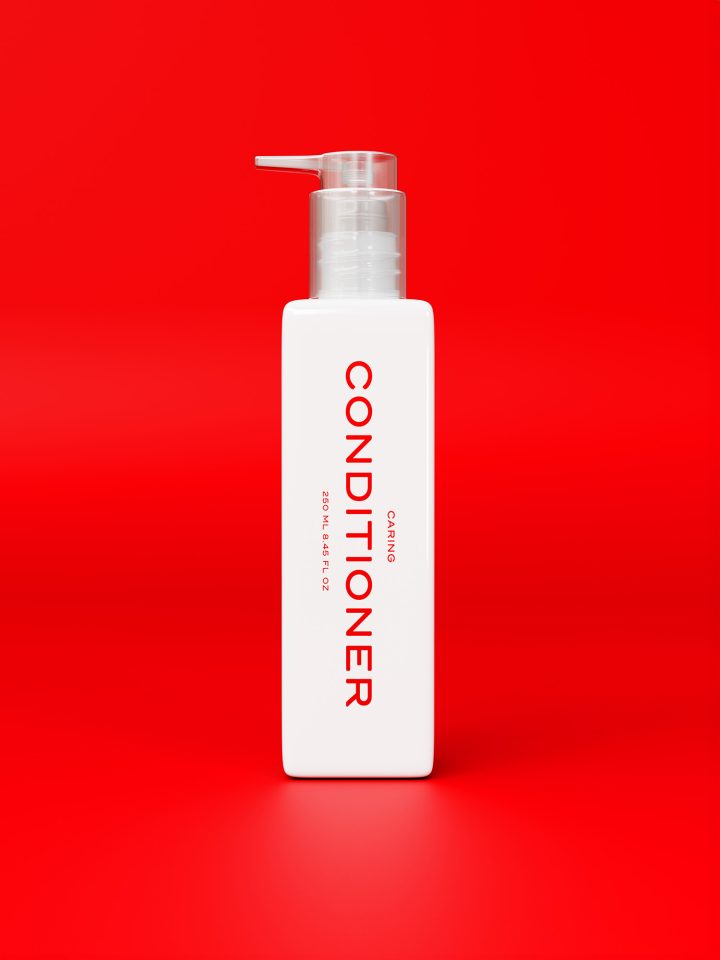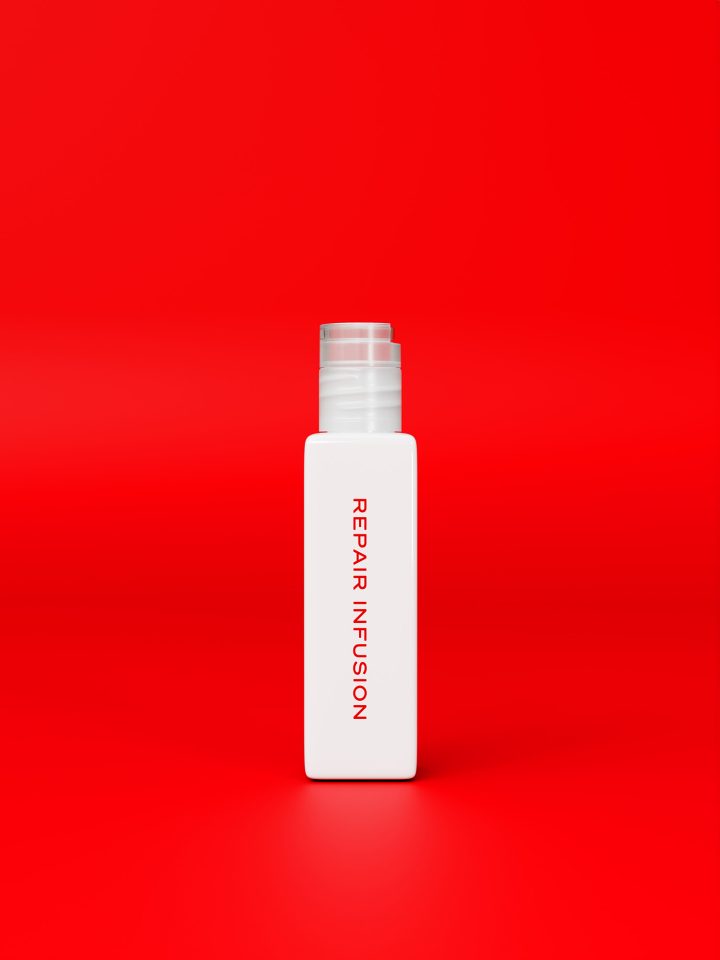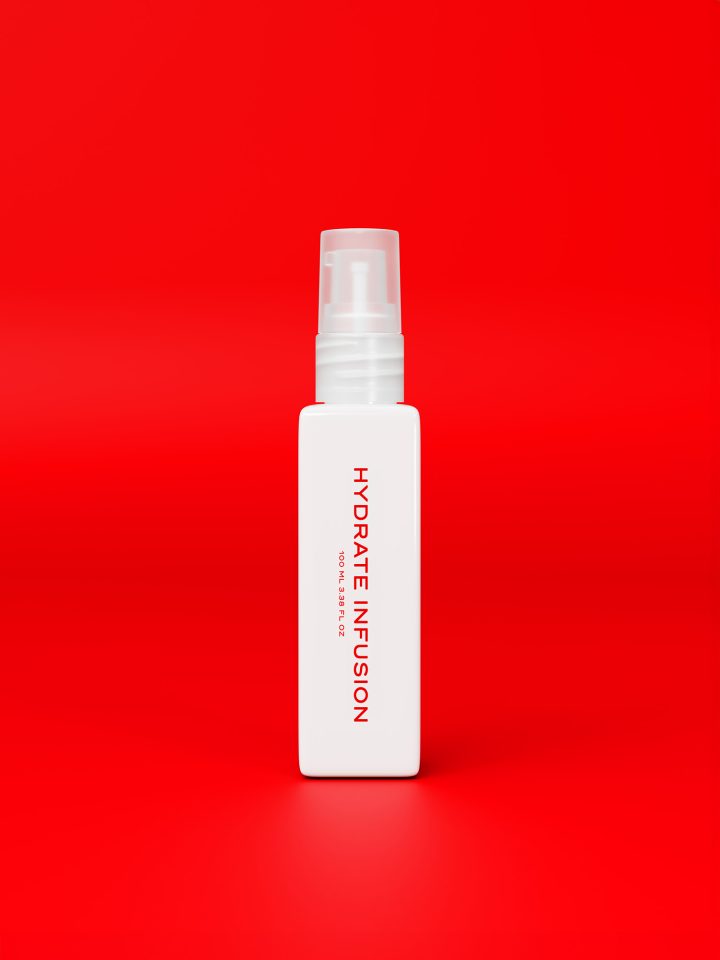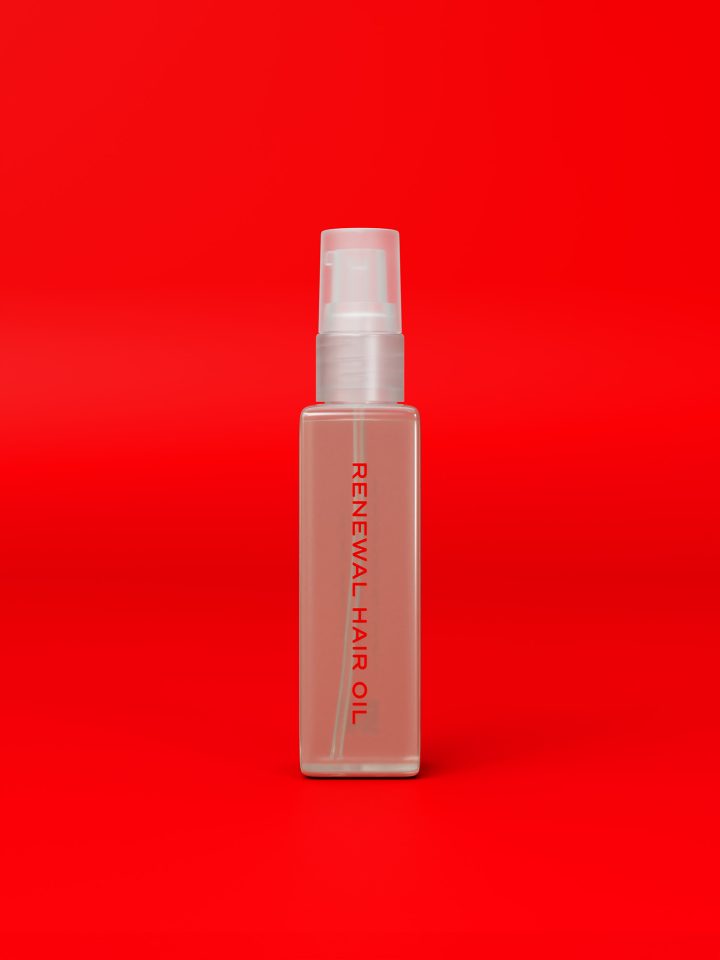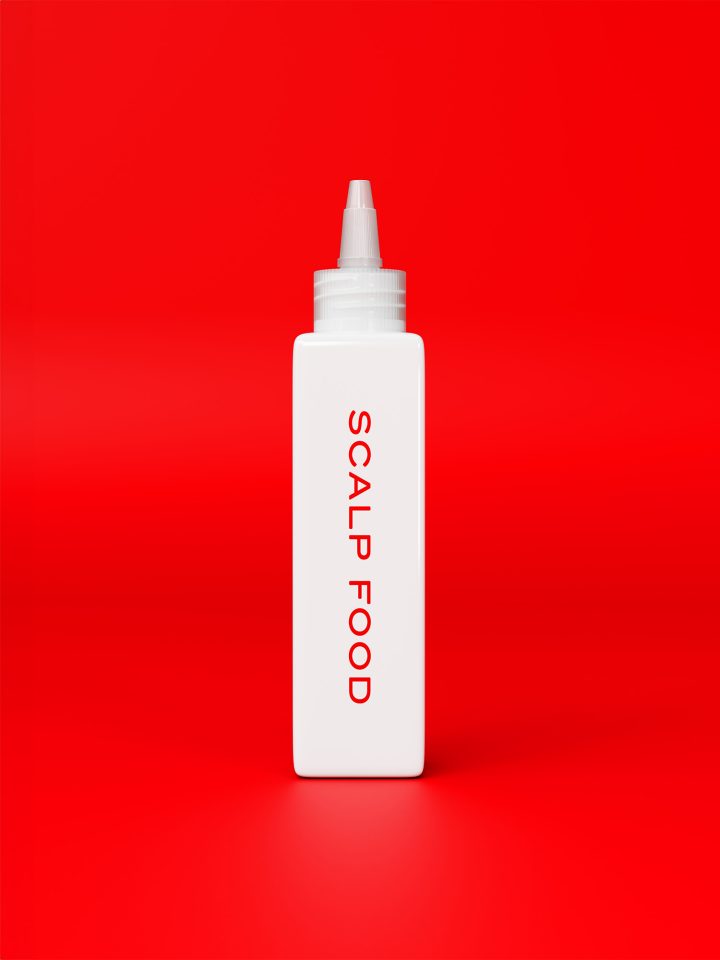What is vitamin deficiency?
Vitamin deficiencies occur when the body does not get enough of the vitamins necessary for its functions. These deficiencies can have various causes, such as poor diet, medical conditions or lifestyle choices. When it comes to hair health, certain vitamins are particularly important for maintaining strong and healthy hair.
Common vitamins that affect hair
- Vitamin B7 (Biotin): Biotin is known for its role in promoting strong and healthy hair. It helps strengthen the structure of the hair and can improve both hair growth and hair quality. Biotin is found naturally in foods such as eggs, nuts and seeds.
- Vitamin D: Vitamin D is important for the health of hair follicles and can help stimulate hair growth. A lack of vitamin D has been linked to hair loss and thinning hair. You can get vitamin D from the sun's rays as well as from foods such as oily fish and fortified dairy products.
- Vitamin E: This antioxidant protects the scalp and promotes good blood circulation, which is necessary for healthy hair. Vitamin E can be found in foods such as almonds, spinach and avocados.
- Iron: Iron is important for oxygenating the blood, and an iron deficiency can lead to hair loss because it affects the blood's ability to carry oxygen to the hair follicles. Iron is found in foods such as red meat, beans and dark green leafy vegetables.
- Zinc: Zinc plays an important role in the repair and growth of hair tissue. A deficiency of zinc can lead to hair loss and damage. Zinc is found in foods such as pumpkin seeds, chickpeas and nuts.
How do you know if you have a vitamin deficiency?
There are several signs and symptoms that may indicate that you have a vitamin deficiency. In addition to hair loss, you may experience other health problems such as fatigue, weakness, and pale skin. If you suspect you have a vitamin deficiency, it is important to consult a doctor to get a proper diagnosis and treatment plan.
Symptoms to look out for:
- Increased hair loss: If you notice that you are losing more hair than usual, especially when brushing or washing it, it could be a sign of vitamin deficiency.
- Dry and brittle hair: Vitamin deficiencies can make hair drier and more prone to breakage.
- Slow-growing hair: If your hair seems to grow more slowly than usual, it could be a sign that your hair follicles are not getting enough nourishment.
What can you do about it?
Fortunately, there are many ways to combat vitamin deficiency and promote healthy hair growth. By making adjustments to your diet and lifestyle, you can help your hair regain its strength and shine.
- Eat a nutritious diet:
- Include foods rich in vitamins and minerals such as green leafy vegetables, nuts, seeds and fish. A balanced diet is key to preventing vitamin deficiencies and promoting hair health. Examples of foods that are good for hair include spinach (rich in iron and vitamin A), sweet potatoes (rich in beta-carotene) and eggs (rich in biotin).
- Supplements:
- If you don't get enough vitamins from your diet, supplements can be a good option. However, before you start taking any supplements, it is important to consult a doctor to ensure that you are taking the right dose and that there are no risks of overdose. Popular supplements for hair health include biotin, iron and multivitamins.
- Use the right hair care products:
- Products that are gentle on the scalp and enriched with nourishing ingredients can make a big difference. Try our Caring Shampoo which contains hyaluronic acid and avocado oil to nourish and protect your hair. By using products formulated to be gentle and moisturizing, you can help your hair recover and become stronger.
- Avoid stress:
- Stress can negatively affect your body and lead to hair loss. Try to find ways to relax and reduce stress in your life. Methods to manage stress can include meditation, yoga, regular exercise and taking time for yourself. A healthy lifestyle with adequate sleep and work-life balance is also important.
- Regular checks:
- Visit a doctor to check your vitamin levels and get professional advice. Regular health checks can help you identify any deficiencies early and address them before they become a bigger problem. Your doctor can also recommend specific dietary changes or supplements based on your individual needs.
How to use our products for best results
Using the right hair care products can help you fight hair loss caused by vitamin deficiency. Here are some recommendations from our range that can help you:
- Caring Conditioner: Our conditioner is perfect for nourishing and protecting hair while soothing the scalp. It contains hyaluronic acid and avocado oil, which are excellent for moisturizing and protecting your hair. Use this conditioner regularly to see noticeable improvements.
- Repair Infusion: For deeply moisturized and strong hair, try our Repair Infusion. This product is enriched with vegan protein and aloe vera extract, which helps strengthen hair and restore its natural shine.
- Scalp Food: Our serum nourishes the scalp and promotes healthy hair growth. It contains yacon fruit and aloe vera to soothe irritation and promote a balanced scalp.
- Hydrate Infusion: For a quick and effective moisture boost to your hair, use our hydration infusion. It contains goji berries and pomelo extract, which are known for their strong moisturizing properties.
- Renewal Hair OilReduce frizz and improve hair health with our hair oil. Enriched with argan oil, oat oil and rosehip oil, this oil provides deep nourishment without making hair greasy.
FAQ
Q: Which vitamins are most important for preventing hair loss?
A: The most important vitamins include Biotin (B7), Vitamin D, Vitamin E, iron and zinc. Biotin helps strengthen hair structure, vitamin D stimulates hair follicles, vitamin E improves blood circulation, iron contributes to oxygenation of the blood and zinc helps repair and grow hair tissue.
Q: Can vitamin deficiency cause permanent hair loss?
A: Vitamin deficiency can cause temporary hair loss, but it can become permanent if not treated. Long-term deficiencies of key nutrients can lead to damage to the hair follicles that cannot be remedied. Therefore, it is important to address vitamin deficiencies as soon as possible.
Q: How long does it take to see improvements in hair after correcting vitamin deficiencies?
A: It may take a few months to see noticeable improvements in the condition of your hair after correcting vitamin deficiencies. Hair grows in cycles, and it can take time for new, healthy hairs to grow out and replace the damaged ones.
Q: Can I overdose on vitamins?
A: Yes, some vitamins can be harmful in large amounts. It is important to follow recommended doses and consult a doctor before taking any supplements. Overdosing on certain vitamins, such as vitamin A and iron, can lead to serious health problems.
Q: How can I know if I have a vitamin deficiency?
A: The best way to know if you have a vitamin deficiency is to have a blood test done by your doctor. This can help identify specific deficiencies and guide you in the right direction for treatment.
Understanding how vitamin deficiencies can affect your hair is the first step towards restoring your hair's health. By eating a nutritious diet, taking supplements when needed, and using the right hair products, you can ensure your hair gets the nourishment it needs to grow strong and healthy. Try our products today to give your hair the care it deserves!
